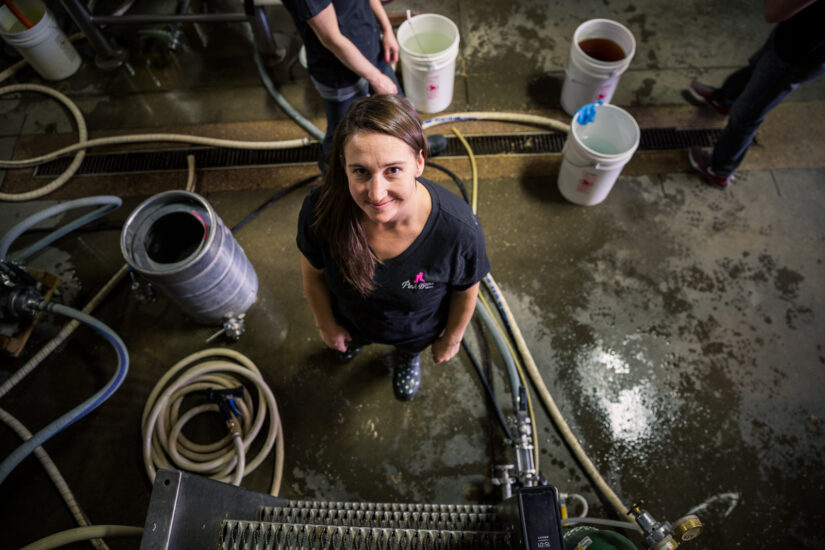Small Business Owners Should Stop Reacting

Last year required businesses to adapt and pivot quickly. Business owners reacted to public health orders, reacted to consumer behavior, reacted to staff needs, and reacted to family demands. After almost a year of uncertainty it’s time to stop reacting. Businesses have the data to be proactive.
The day my small business (City Star Brewing) was shut down due to public health order we immediately began brainstorming and planning for new means of packaging. I also awoke with a scratchy throat, followed by loss of my sense of smell. Despite being home sick, likely with a mild case of COVID-19, I built a new website for online ordering and pivoted our entire business to ‘to-go’. In subsequent weeks I began delivering crowlers (glass growler meets large aluminum can) door to door. We purchased a canning line, applied for ALL the funding, pre-ordered a tent and heater for winter, and absorbed information at an exhausting rate. This is not an unusual story from 2020. As the effects of the pandemic gripped our economy and gave it a rough shake businesses across all industries grappled with uncertainty.
Fast forward to today. It has been almost one year since WHO declared the coronavirus outbreak a pandemic. That is almost 12 months of data. Revenue and expenses can easily be compared quarter to quarter. More importantly businesses can reflect back on changes, large and small. Adapting in 2020 meant changes for so many in terms of packaging, messaging, online presence, hours, staffing, pricing, means of delivery, even a product or service itself. Business owners should analyze data specifically with the pivots made in mind. What worked? What didn’t work? What should be maintained in the short term? What ought to stick in the long run?
The cycle of reacting is rough and exhausting. Stop it! There is still an incredible amount of uncertainty in the word. However, companies know now what is possible and should prepare for multiple scenarios. Make the switch from being reactive to proactive. How? Crunch numbers in Quickbooks, reflect on the past year (a simple social media scroll may do the job), predict two or three business scenarios for the next year, forecast, and set goals.
Hey, this applies to YOU too, even if you don’t own a business. Coaches, parents, decision makers. Ditch the cycle of reacting. Apply all the hard work and hustle to being able to respond effectively. Get proactive!
Business owners check these posts out too —> Small Business Needs to be More than Local, How Businesses can Manage Supply Chain Woes






